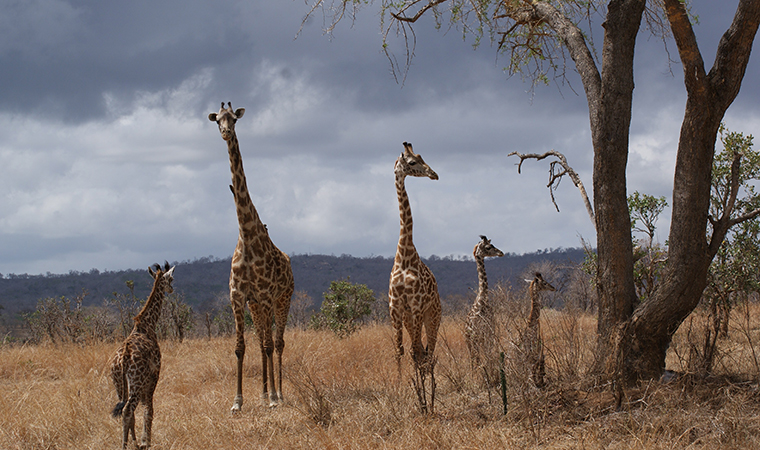
How U1 geologist changed a Moscow office for a tent in the jungle
back to contentsWhat geological exploration in Africa looks like, Anna has known since her childhood because her father worked as a petroleum geologist in Ethiopia. His stories did sound impressive, but girls generally dream of becoming actresses. Such was the case with Anna Zhivulko, who wanted to go to a theater college, but the parents strongly objected. “If it’s a no, let it be so,” Anna resolved and applied for geology. Having graduated, she changed several jobs, got married and gave birth to a daughter. Then she was employed by Rosatom, and on one day she was offered to change an office in Moscow for a tent in the jungle. “Mom said she’d have a heart attack,” Anna says with laughter. “And Daddy said he was proud of me!”
Every day geologists do field work where they control the drilling process, collect samples, search for new fields and define the type of uranium deposits. What they normally take with themselves is a magnifier, a knife, a flashlight, a GPS navigator and a raincoat.
When it is raining, roads are washed out so that even the most powerful SUVs get bogged down, and you have to go on foot. Bed sheets and clothes are always damp. As the drought season comes, the shade temperature jumps to 35°C and above. The jungle is swarming with venomous snakes and spiders; mosquitoes are everywhere. The first thing that occurs to you is that it is not a woman’s job. “This stereotype is the main difficulty,” Anna sighs. “Here’s an ordinary case from my job: you come over to partners together with male colleagues, and all attention and questions go to them. Simply because they are men,” Anna says angrily. “My feelings are terribly hurt. I would have given up, but I am stubborn. Moving only forward, even though at a slow pace. They have gradually acknowledged me. Together we’ve overcome this stereotype.”
After lunch, she works with the information collected on site. In a tent furnished like a full-fledged office, Anna puts all data in the computer for analysis and gets on the line to Moscow, if needed. She also processes and marks samples.
It is prohibited to leave the site, so you are always in company. Even the tents are meant for several people. “Like you’re in a spaceship. But that doesn’t stress me out,” Anna says and shrugs her shoulders. “I’m a social person. Besides, people here are really special. It may sound too poetic, but we are one family here, even closer.”
“You rapidly get used to exotic things and cease to notice them,” Anna says with a smile. “Of course, all this is interesting, but it’s not the main thing. The main thing is knowledge. I’m very greedy for knowledge. Just in one week, I get to know here more than in a year in Moscow. This job is very close to life; a geologist cannot exist without fields. When in office, you deal with maps and figures, but here you have a real life, and it’s only when you see it with your own eyes that everything clicks into place. The team is another important thing for me about the project. If you don’t have a well-coordinated team, nothing will go well, and even the most brilliant project will be a failure. And we are fine in this respect.”




